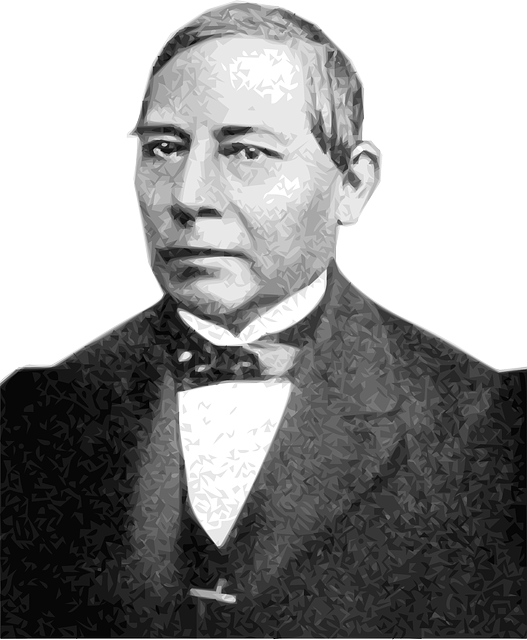Partnership disputes are common in businesses due to differences in vision, finances, or personal dynamics, leading to strained relationships and decreased productivity. Expert dispute resolution offers an efficient, cost-effective alternative to litigation, preserving partnerships and fostering collaboration. Selecting qualified experts with relevant expertise and proven track records is crucial for successful outcomes. Clear contracts detailing expectations and regularly reviewing them can prevent future disputes. Open communication channels and inclusive decision-making build trust, enabling early issue resolution in complex partnerships.
In the intricate world of partnerships, disputes can arise from a myriad of factors, often threatening the stability and success of the venture. To mitigate these risks, expert dispute resolution offers a strategic approach. This comprehensive guide delves into the heart of partnership disputes, their triggers, and the profound impact they can have. We explore the advantages of enlisting experts in resolving these conflicts, providing criteria for selection, and offering post-resolution strategies to minimize future risks.
- Understanding Partnership Disputes: Common Triggers and Impact
- The Benefits of Expert Dispute Resolution in Partnership Cases
- Choosing the Right Expert: Criteria for Selection and Qualifications
- Effective Strategies for Minimizing Risk Post-Resolution
Understanding Partnership Disputes: Common Triggers and Impact

Partnership disputes are a common challenge faced by businesses, often arising from a variety of factors within and outside the organization. These conflicts can stem from disagreements on strategic decisions, financial matters, or even personal tensions between partners. Key triggers include conflicting visions for the company’s future, misunderstandings about profit-sharing, and differences in management styles. When left unresolved, partnership disputes can have severe consequences, such as damaged relationships, reduced productivity, and in extreme cases, the dissolution of the business.
The impact of these disputes extends beyond the partners themselves, affecting the overall health and performance of the company. They can create an environment of mistrust and anxiety, hindering collaboration and innovation. Prompt and effective dispute resolution is therefore crucial to preserving the integrity of the partnership, ensuring continuity of operations, and minimizing potential long-term damage.
The Benefits of Expert Dispute Resolution in Partnership Cases

Expert dispute resolution offers a multitude of benefits for partnership cases, providing an efficient and cost-effective alternative to lengthy legal battles. By involving neutral experts, partners can gain objective insights and tailored strategies to navigate complex issues. This process facilitates open communication, allowing each party to express their perspective and concerns without the pressure of adversarial proceedings.
One of the key advantages is the preservation of relationships. Traditional litigation often damages partnerships, creating a toxic environment. Expert resolution encourages collaboration, enabling partners to maintain their professional association even after disagreements. Additionally, experts can offer specialized knowledge, ensuring that decisions are well-informed and aligned with industry standards, which is particularly valuable in high-stakes partnership disputes.
Choosing the Right Expert: Criteria for Selection and Qualifications

When seeking expert dispute resolution, particularly in the context of a partnership dispute, choosing the right individual is paramount. This decision should be guided by several key criteria to ensure effectiveness and impartiality. Firstly, consider the expertise of the expert in areas relevant to your specific conflict. For instance, if the dispute involves complex financial matters, selecting an accountant or financial analyst with experience in mediation could significantly enhance the resolution process.
Secondly, qualifications and certifications are essential. Look for individuals accredited by reputable organizations specializing in alternative dispute resolution (ADR). These credentials signify a commitment to ethical practices and specialized training. Additionally, their track record in successfully resolving similar cases can provide valuable insights into their capability to navigate your partnership dispute effectively.
Effective Strategies for Minimizing Risk Post-Resolution

After a dispute resolution process, minimizing risk for future partnerships is crucial. One effective strategy involves establishing clear and comprehensive contracts from the outset. These agreements should outline expectations, roles, and consequences of breach, reducing ambiguity and potential points of contention. Regularly reviewing and updating these contracts based on lessons learned from past disputes can further bolster protection.
Additionally, fostering open communication channels between partners is vital. Transparency builds trust, enabling early identification and resolution of issues before they escalate into full-blown conflicts. Regular meetings, clear lines of responsibility, and an inclusive decision-making process contribute to a harmonious partnership, minimizing risk of future disputes, especially in complex or high-value partnerships like business alliances or strategic collaborations.
Minimizing risk through expert dispute resolution offers a strategic approach to navigating partnership disputes. By understanding common triggers, leveraging the benefits of specialized expertise, and selecting qualified professionals, businesses can effectively manage and mitigate potential risks. Post-resolution, adopting proactive strategies ensures sustained success and fosters a culture of collaboration, ultimately streamlining the process for resolving future partnership disagreements.
